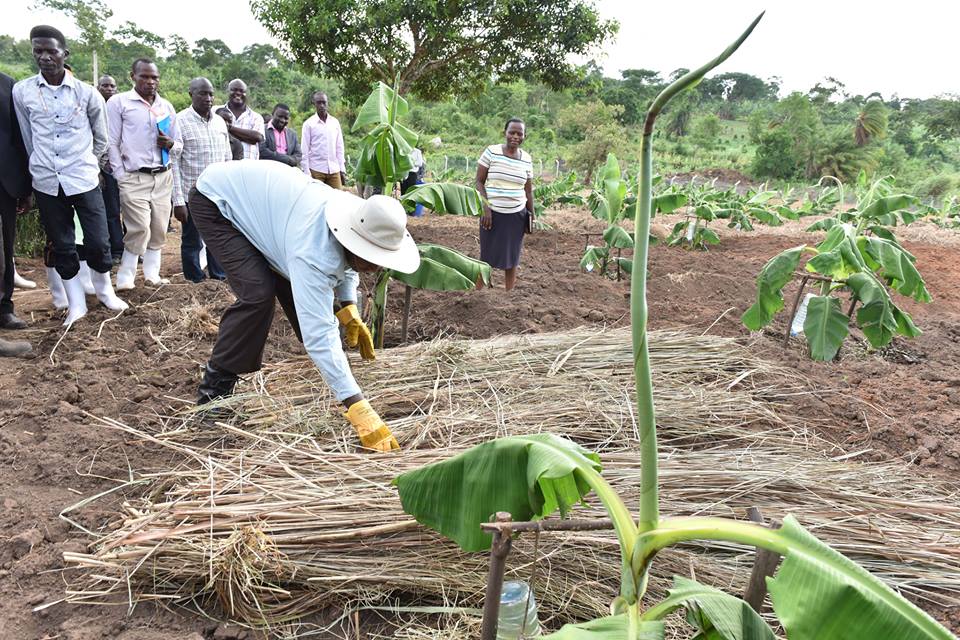President Yoweri Museveni has expressed concern over the recently passed National Biosafety Act 2017 warning that genetically modified crops could contaminate the indigenous ones which Ugandan farmers have developed over the years.
The law is intended to provide a legal and regulatory framework for the safe development and application of biotechnology in the country.
The President wants Parliament to review some sections of the Act including stipulating of gazetted places where these genetically engineered crops and animals will be placed.
He said that it is wrong to give monopoly to these modern GMOs over Ugandan organic crops and animals and that the law should provide for sustainability of the latter.
This is contained in a letter written by the President to Speaker of Parliament, Rebecca Kadaga on December 21 pointing out his worries and proposals.
“This law apparently talks of giving monopoly of patent rights to this adder and forgets about the communities that developed original materials. This is wrong,” Museveni told Parliament.
He further questions why the law makes reference to plans to have the genetically modified materials (which are drought resistant) used in irrigated areas, not in areas prone to drought.
Genetically modified organisms (GMOs) refer to any organisms whose genetic material has been altered using genetic engineering techniques.
Genetic modification involves the mutation, insertion, or deletion of genes to create combinations of plant, animal, bacteria, and virus genes that do not occur in nature or through traditional crossbreeding methods.
While Museveni acknowledges some of the advantages that these new crop and animal varieties have against the local organic ones, he wants the law to include safeguards in the event that GMOs turn out to be dangerous in future.
“To be on the safe side, they [genetically modified seeds] should never be randomly mixed with indigenous seeds just in case they turn out to have a problem,” the President wrote in his letter to Speaker Kadaga.
He adds that “there should be no cross pollination between GMO seeds and our indigenous seeds” and that the law should clarify that “green houses will be used to prison the pollen of GMO seeds or distances should be stipulated so that there is no mix up”.
Museveni also said that referring to the law as ‘modern biotechnology’ was vague, and proposed that it be termed as ‘genetic engineering’ of crops and animals since that is what it is about.
The President demanded to know whether the Ministry of Agriculture together with National Agricultural Research Organization (NARO) have already released some of the GMOs to the local farmers. Doing this without precautionary measures provided by law, he says, could put the farmers at risk.
He has asked that the Ministry and NARO gazette places where all unique indigenous crops and animals will be kept uncontaminated with any GMO for future use if there is any crisis with modern efforts.
Uganda is a signatory to the Cartagena Protocol which mandates parties to ensure an adequate level of protection in the field of safe transfer, handling and use of living modified organisms resulting from biotechnology.
But like the President, many local experts in agriculture have been opposed the idea of embracing GMOs arguing that it is capital intensive (heavily reliant on fertilizers) which local farmers might not afford..
They also say that these modified varieties will negatively affect Uganda’s agricultural exports since some markets like the European Union have harsh policies on GMOs.










